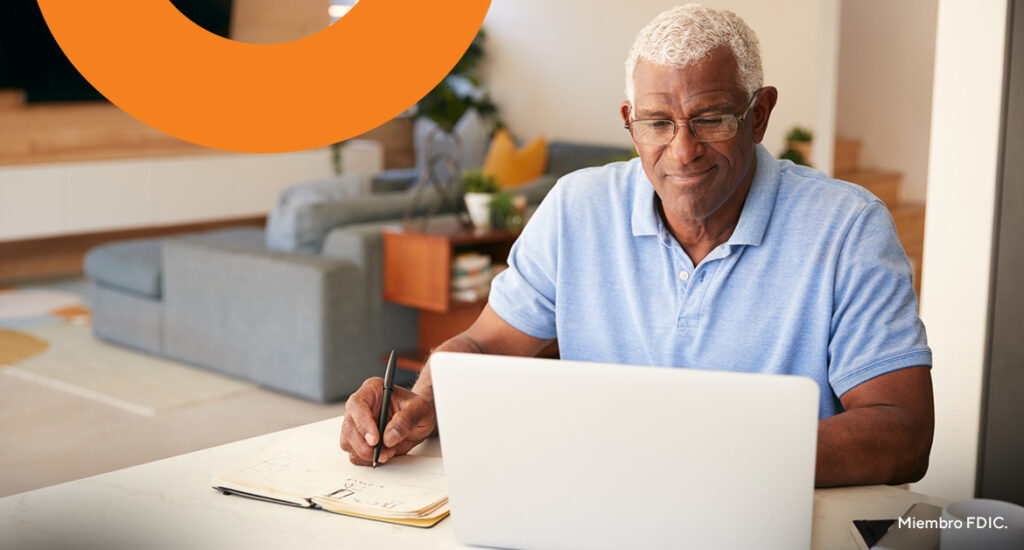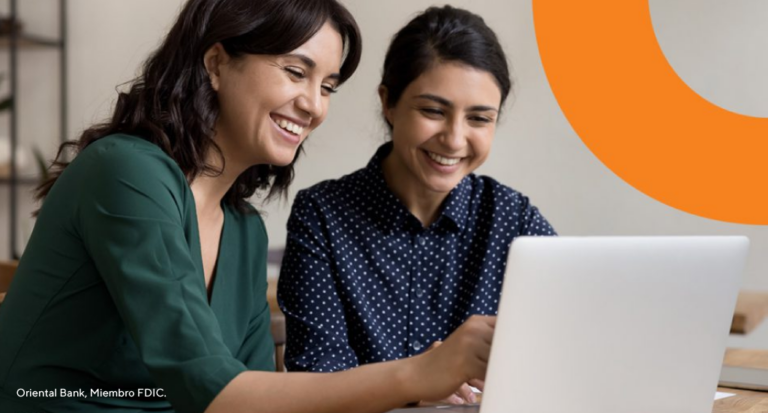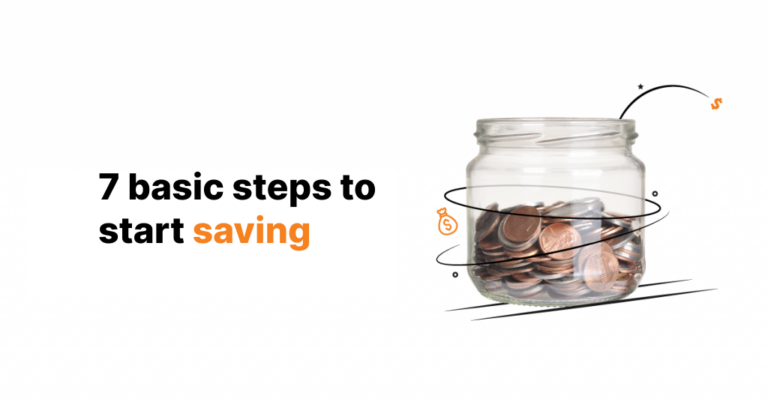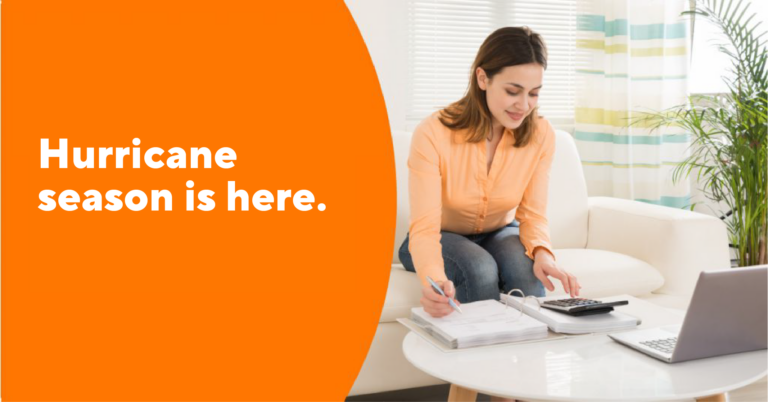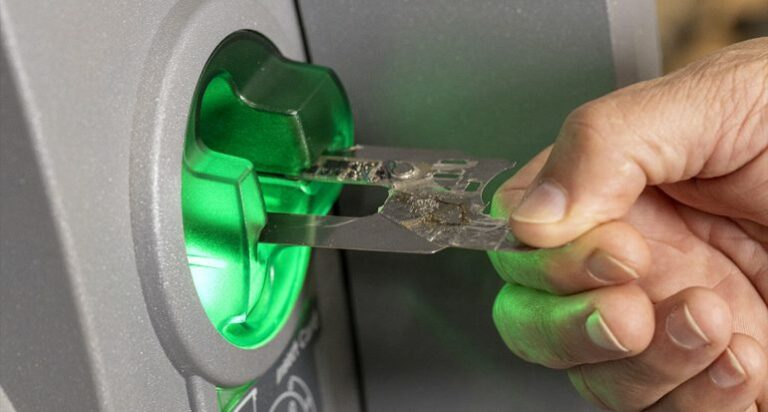Cynthia M. Martínez
Creator of My Barely Famous Life and Founder Lead Up Labs
When I talk about financial health and how to evaluate expenses on a weekly basis, people complain. They mention all the reasons why they think it is torture. If only they saw that having a routine, the same day and the same time, helps them improve their personal finances; they would leave behind being victims with all those complaints about past bad decisions. This is as simple as taking 5 minutes out of your weekend to review your expense chart. You may be wondering, what do you mean? Simple, it is a digital or paper document that contains all your monthly bills and invoices. In the same blocks how much money you have left for the week, if you have your bills up to date and what wise investments you made in your routine. Visiting this document weekly makes you aware of your way of managing money, expenses for services that you may not have known about, and thus avoid delays or penalties on your accounts payable. Below, I include a guide of questions to follow so that you can evaluate your expenses weekly:
Did I go over my weekly budget? By how much?
Is the money you identified for your week an amount that is realistic or do you need more for gas or food expenses? It may be that you failed to plan your meals for work or there was an unplanned emergency expense and you need to create an emergency fund. The answer to this question should be yes or no but the rest should be a number that makes you put your feet on the ground. Don’t explain anything, just provide data.
What weekly actions distance me from my financial stability?
I invest extra money in my clothes, I don’t accumulate points on my credit cards, I don’t use online rebates, I don’t sell my used things, etc. These are observations that we can make to identify possibilities on our path to improving our finances. This question is not intended to make you feel bad or attack you in any way, shape, or form. The focus of this is to serve as a magnifying glass to possible paths to be effective in our goal. You could start by buying basic pieces that you can mix and create different styles so you don’t spend more, or sell the things you don’t use and have that extra income for your plans.
What can I do to improve?
All responses must be written and action-oriented: “From now on I am going to take my lunch to work along with three snacks.” “I am going to open an account as an emergency fund into which I will deposit X amount every X amount of time.” “I’m going to start that fund with $20.” These answers must be changing since you must set yourself the task of completing each of them weekly. You should put what you answer in this question as part of your weekly priorities.
After asking yourself these questions, use your answers to make an action plan for that week. At first you will feel that this new habit takes a lot of time, but then with discipline, time will fly by and your personal finances will become better and better. Being financially healthy is a daily decision. Choose intelligently and daily how you invest your time and money so that the result you are looking for is given to you and manifests itself greatly as a benefit for you and your loved ones.
About the Author:
Cynthia M. Martinez is a rebel with a cause, entrepreneur, and life and business strategist with a specialty in leadership and innovation. As part of her extensive trajectory as a strategist, she has been developing leaders in the field of direct sales, market opening, and consulting at the corporate and SME levels for more than a decade. She is the creator of the social media movement in a blog format called “My barely famous life” in which she equips followers with leadership and technology tools through her educational program. She is also the founder of Lead Up Labs, a digital platform that has all the tangible and digital tools for participants to increase their productivity and achieve their goals.
